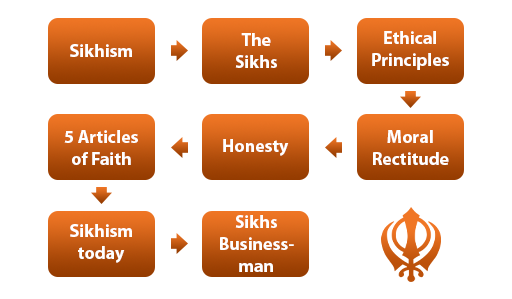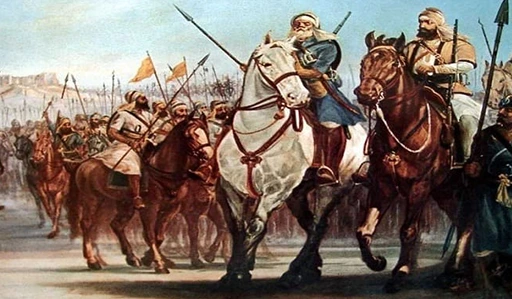Guru Gobind Singh started the Khalsa Panth in 1699, which is when the 5 Ks were made. The Guru brought them together for a few reasons:


Organ donation and transplantation don't bother Sikhs in any way.
In Sikh philosophy and teachings, giving to others and putting them before yourself are very important.
In Sikh teachings, good deeds, giving without expecting anything in return, and making sacrifices are also emphasized. In the Sikh teachings, this is shown by how the ten Gurus lived their lives.
The Sikh religion says that saving a life is one of the best things you can do. Because of this, Sikhs are okay with organ donation after death.
Sikhs believe there is life after death and that people are born and die over and over again. But in this cycle, you don't need a physical body. A person's soul is eternal, but their body is just made of flesh and will die.
If a Sikh's organs can be used by someone else, this is a good thing.